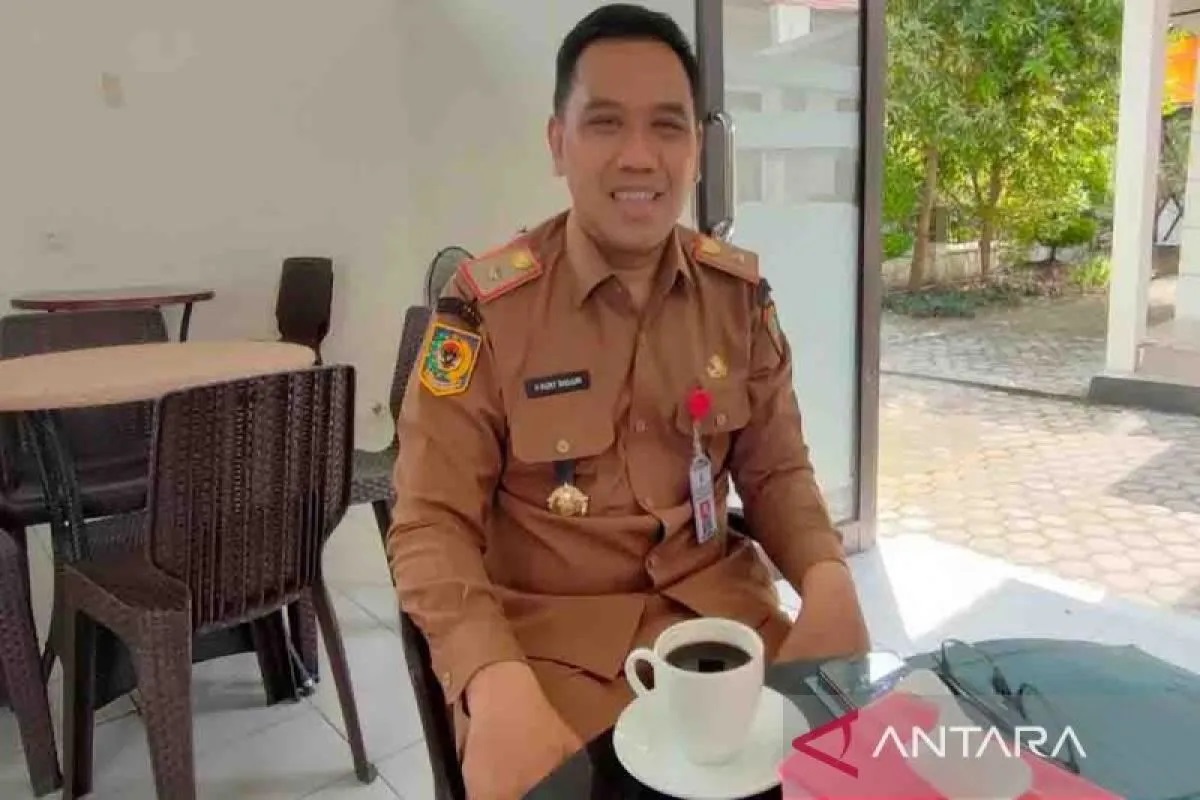News
Smallholder Contracting Key for Oil Palm Investment Continuity
WINDONESIA November 14, 2024 Central Kalimantan Plantation Office Head Rizky Badjuri. (Antara/Jaya M.)
Central Kalimantan Plantation Office Head Rizky Badjuri. (Antara/Jaya M.)
Central Kalimantan Plantation Office Head Rizky Badjuri, admitted that the office was tasked by Central Kalimantan Governor Sugianto Sabran to resolve the nucleus estate and smallholder (NES) farming system problem and improve the administration of oil palm plantation companies operating in the local province.
He explained in Palangka Raya City, Central Kalimantan on Oct. 29, 2024, that the order was delivered due to the share of smallholder contractors among oil palm plantations being a key factor in assuaging local concerns and provide continuity for oil palm plantation investment in Central Kalimantan.
"Currently, NES smallholder contractor farm realization in Central Kalimantan has exceeded the 20 percent [minimum land set aside for smallholder contractors] to 31 percent. The impact [from that growth] is the decrease in the looting of oil palm fruits owned by companies," Rizky divulged.
He added that none can deny that the existence of oil palm plantation investment has a very large impact for one of Indonesia's largest provinces. That impact could be seem based on, among others, the large number of local workers employed from said investments, the plantations' significant contribution to local economic growth, and increased local circulation of money.
Rizky reminded that oil palm companies' rights and obligations must go hand in hand. Said obligation starts from provision of a portion of corporate plantation land for smallholder contractors, corporate social responsibility (CSR) activities, as well as active involvement in fostering the community around oil palm plantation areas.
"The realization of NES system could [also] be carried out with other businesses or partnerships if there is indeed no land that could be provided by the oil palm plantation companies for smallholder contractors, as long as said businesses are equivalent to 20 percent of the regulated NES value," he noted.
Since there are currently no more Other Use Allocation Areas (APL) left in Central Kalimantan that the NES system could be applied to, Rizky acknowledged that only Local Community Plantation Development Facilitation (FKPMS) enacted by the Oil Palm Task Force applies on plantations moving forward. FKPMS is an effort to assuage local concerns for oil palm plantation companies that no longer have 20 percent of their total land available for smallholder contractors.
If NES is built in a forest area, it will certainly cause new [environmental] problems. That is why there needs to be another scheme, such as a partnership to build other businesses that produces similar results to the NES system," Rizky explained.
He also believes that looting and conflicts between oil palm plantation companies and the local communicy could be minimized if the provision of smallholder plantation land with alternate pattern is optimized. That potential is indicated by greatly reduced looting of corporate plantations' oil palm fruits.
"The Central Kalimantan Plantation Office will continue to strive to realize smallholder contracting of corporate plantations. Moreover, Central Kalimantan Governor Sugianto Sabran has given special attention to the achievement fo that goal," Rizky concluded.

